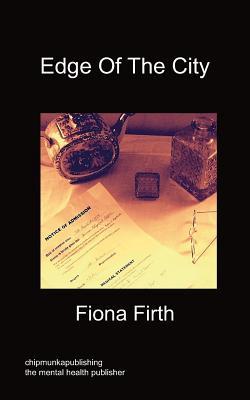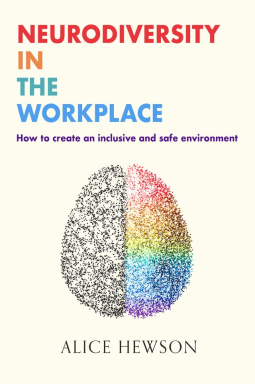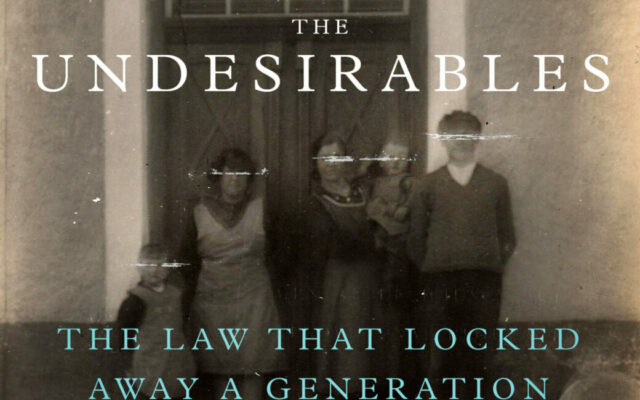
Edge of the City
Author:
Fiona Firth
Publisher:
Chipmunka Publishing 2012
Price:
£12.00 (165pp)
ISBN:
978-1-84991-737-7
I was very impressed by this short, atmospheric and moving novel. It tells the story, sadly all too reminiscent of many real-life stories, of Jess, a young woman with a learning disability. In 1955 at the age of 17 Jess is left by her father at a long-stay mental handicap hospital in the north of England, after the death of her mother. The reason she has been left there is never explained to her, and she is not even told that her mother has died. For all she knows both her father and mother will come back to take her home again at some point. Of course, they never do.
Edge of the City (it takes its name from the ‘nowhere’ locations of most such hospitals, deliberately sited away from the heart of everyday life) tells the decades-long story of Jess’s life in the institution – her gradual assimilation into its ways, the slow loss of memory about her family, her building of friendships and status which she acquires by helping staff on the ‘low grade’ wards. Fiona Firth captures very well how the sheer weirdness of hospital life becomes normality for those who have to live it, and the mental strength of people like Jess who somehow carve out a life for themselves despite the repressive craziness of mass institutional life. The system might have lost its humanity, if it ever had any, a long time ago, but Jess never loses hers. In fact her human qualities grow and flourish whatever indignities and obstacles are thrown her way. This happens in spite of the ‘care’ she receives, not because of it.
Skilfully the novel recounts the parallel lives of Jess’s surviving family, her father and two brothers, as they get on with life without her. Without conveying any plot spoilers, this is a story of a gnawing, unexpressed guilt beneath a surface indifference. This was probably the experience of many from the era when doctors and social workers advised that the best thing for the family was to dispatch their learning disabled child (or sometimes adult) to an institution and forget they ever existed. People with learning disabilities were the principal victims of this terrible philosophy and suffered terribly, but they were not its only victims. Families suffered too, while trying to appear as if they were not, hiding what had become a terrible secret. Firth captures this brilliantly, particularly in the case of the father, Stan.
The narrative of Edge of the City takes us through a historic upheaval, as people who were once told that the hospital was the only place for them were then told that this was a mistake, and it was now time for them to return to the communities from which they had previously been banished. Firth portrays this period, as Jess moves into a new home, very astutely, with all its ambivalence and disruption. Just as Jess, through immense personal struggle, has managed to get her life under control, she is told it must all change again. The ending of the novel is a tribute to the sheer resilience of Jess, and the many real-life Jesses who kept faith with themselves in the face of everything that society could throw at them. To call such strong people vulnerable or weak is laughable.
I highly recommend this book, well written, fast paced and deeply evocative of life in the old hospitals. Individual memories of these places are starting to fade, but they must never be allowed to slip from historical memory. Edge of the City will help to keep that memory alive. It is also a humane story of resilience and human integrity, residing in those whose dignity and humanity society is only too ready to deny.




